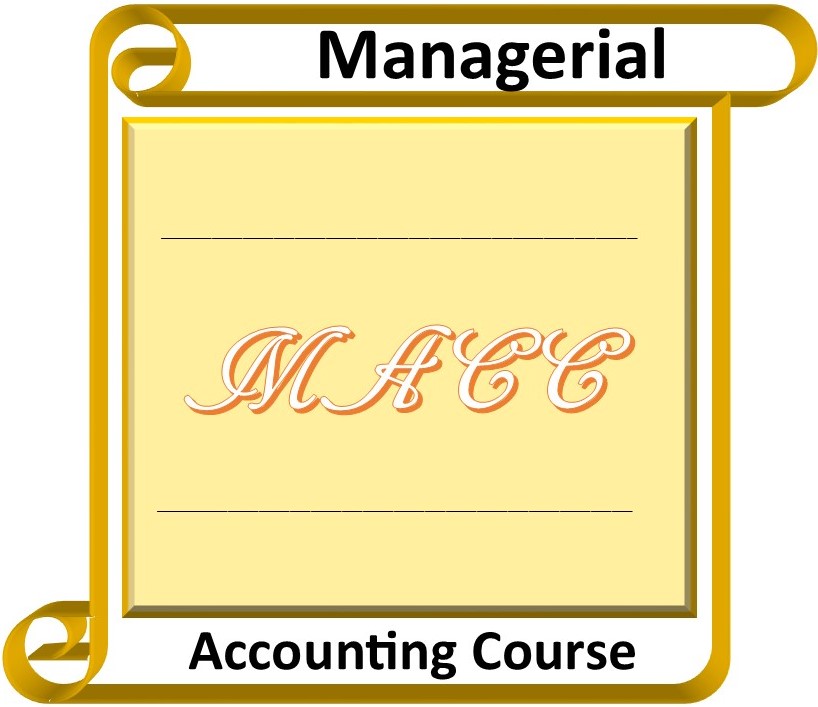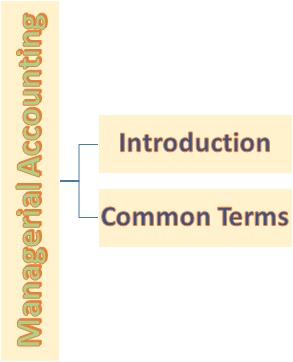Introduction to Managerial Accounting
There is a difference between financial accounting and managerial accounting. Managerial accounting is a branch of accounting that targets the internal operations and management of a company, while financial accounting involves the branch of accounting which targets the outside stakeholders of a company.
Managerial accounting is fundamental to the internal stakeholders of a company who includes the management, leaders, employees, business owners and directors. While Managerial accounting can be used for a variety of reasons in the company, there are some basic objectives of managerial accounting namely: planning, evaluating performance, and making decisions.
Management accounting goes beyond the internal management to the outside stakeholders. Internal accountants or company accountants are the ones tasked with management accounting. However, managers and leaders must understand the basics of managerial accounting in order to basically plan, evaluate performance and make decisions.
As companies compete in the business world, some factors become eminent which requires and calls for managerial accounting knowledge. For example, a manager may need to know how much it costs to produce one product in order to know how to price the product.
With the invention of technology, the managerial accounting systems have been developed to ensure that managerial accounting computations are easily and accurately performed.
One of the major parts of managerial accounting is determining cost of goods or services produced by a company. In service industries and non-manufacturing companies, the cost of a product is usually the amount the company spent to buy the product. However, in manufacturing companies, the cost of producing a product becomes a little complicated, but grasping the concepts of managerial accounting can be very helpful in understanding not only the cost of the production, but also the unit cost of an individual product.
One important thing to note is that when referring to a manufacturing company, it can mean a whole range of companies and not necessarily a manufacturing plant. For example, a hospital or day care can be considered a manufacturing company. A company that provides lawn services can be considered a manufacturing company due to the nature of its services. Thus, the word manufacturing company is not limited to traditional manufacturing companies.

